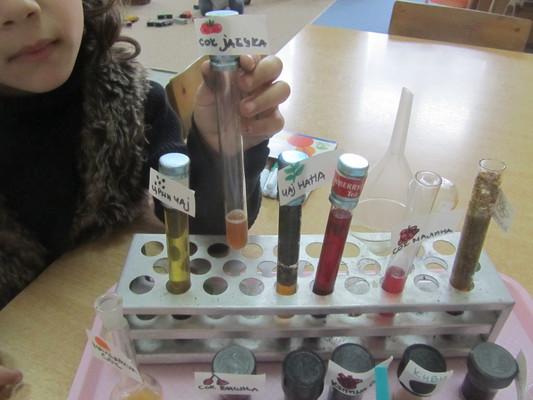Topic(s) addressed
- Multidisciplinary approach
- Integrative learning
- Active learning
- Developing 21st-century skills
Target groups
- preschool teachers
- children
- associates and parents
Methodologies
- The innovative use of STEAM approach in preschools in Serbia resulted in promoting a multidisciplinary method and the development of 21-century skills.
- New web 2.0 tools used due to COVID-19 limitations.
- Peer learning and collaboration with the parents
- Sharing knowledge and involving other teachers at the school
- The use of eTwinning for exchanging ideas and uploading materials.
Environments
- The STEAM approach was focused on exploring, experimenting and self-learning process, not only in classrooms but also outside (e.g. in a library or museum) and outdoors in nature (park, lake etc.)
- During COVID isolation parents were sending photos and videos helping the children to carry out planned activities (in their home gardens, and other available places).
- eTwinning members shared their knowledge on the Facebook group we opened during.
- We were sharing our knowledge with other preschool institutions by organising online learning events and disseminating our project activities.
Teachers
- STEAM was the new approach for almost all teachers who participated in the project.
- During this project, teachers improved their language, communication and collaboration and digital skills.
- At the end of the project, a Guide for preschool teachers was created.
- Other teachers can learn from our experience through the links to teachers' platforms and to websites of our institutions.
- One of our products is a short Moodle course on the STEAM in preschool institutions theme.
Impact
- The project contributed to the popularisation of the STEAM methodology.
- A STEAM team was created to organise 4 training courses for all interested teachers.
- At the end of the project, 80% of teachers were introduced to the approach.
- Many teachers improved their digital skills and language skills
- Children and parents developed their digital skills, parents became partners in the learning process of their children creating one learning community which cooperated to find interesting ways to learn.
- Reference
- 2019-1-RS01-KA229-000810
- Project locations
- Serbia
- Project category
- Early childhood education and care
- Project year
- 2022
Stakeholders
Coordinators
Preschool institution "Naša radost"
- Address
- Serbia
Vrtec Dobrna - Slovenia, Detelina - Bulgaria, 18th Kindergarten of Rhodes
- Address
- Greece

